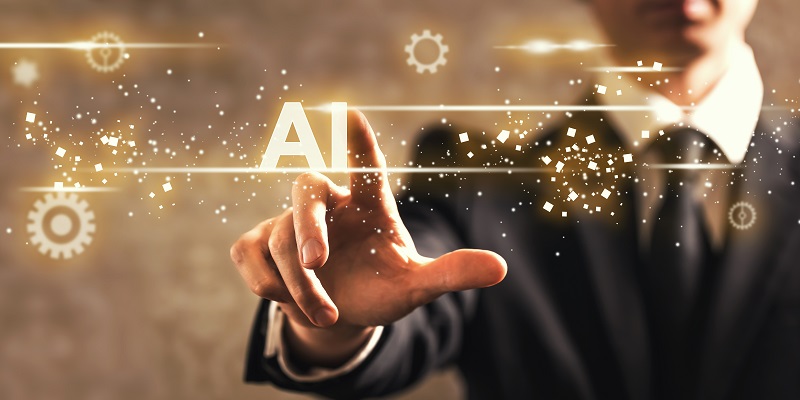As technology continues to advance, artificial intelligence (AI) is rapidly transforming various industries, including recruitment. In the ever-changing landscape of talent acquisition, it is crucial for recruiters to stay abreast of the latest AI trends. Additionally, creating flexible processes that allow for adaptation and innovation is key to successfully harnessing the power of AI in recruitment.
AI in Remote Interviews
In a world where remote work has become the norm, AI offers valuable assistance in conducting interviews. By analyzing facial expressions, body language, emotional state, and voice, AI can provide recruiters with a comprehensive understanding of a candidate’s potential fit within the company’s culture.
AI in Talent Assessment
Gone are the days of relying solely on traditional measures of competence. With AI, recruiters can leverage advanced algorithms and machine learning to assess personality traits and measure competency. Skill testing, behavioral assessments, and gamification are among the tools AI utilizes to evaluate candidates more accurately.
AI for improving diversity and inclusion
Diversity and inclusion have become critical components of modern workplaces. AI helps companies identify candidates with transferable skills, thereby enabling their seamless integration into the organization. By breaking down barriers and fostering a diverse workforce, AI plays a pivotal role in addressing inequalities.
AI for Upskilling Disadvantaged Workers
One of the most promising aspects of AI in recruitment is its potential to help uplift disadvantaged workers. Companies can leverage AI to create programs and certifications that allow individuals to increase their proficiency and move up within the organization. This empowers employees from all backgrounds to unlock new opportunities for career advancement.
AI for Creating Career Pathways and Changes
Apart from talent acquisition, AI can also play a significant role in employee development and progression. By utilizing AI-powered systems for creating career pathways and facilitating internal changes within the company, recruiters and HR groups can reduce their burden and ensure the retention of valuable employees. This, in turn, enhances the overall atmosphere of the workplace.
AI in Eliminating Bias in Candidate Selection
Biases in recruitment can impede diversity and hinder the identification of suitable candidates. However, AI steps in to block bias by objectively analyzing a candidate’s resume or CV for keywords, specific certifications, or certain educational degrees. Additionally, AI can also screen a candidate’s web presence or social media accounts to gain a more well-rounded picture of their skills and background.
Human-Code Collaboration in Recruitment
While AI offers numerous benefits, it is essential to recognize its limitations. AI is not meant to replace human recruiters but rather augment their capabilities. The optimal approach involves a harmonious collaboration between human expertise and AI technology. This combination creates an environment that fosters effective talent acquisition, retains valuable employees, and improves overall processes within a company.
As AI continues to evolve and transform the recruitment landscape, staying updated on the latest trends is paramount for recruiters. The flexibility to adapt and innovate processes alongside AI is essential for successful talent acquisition. Leveraging AI for remote interviews, talent assessment, improving diversity, upskilling disadvantaged workers, creating career pathways, eliminating bias, and collaborating with human recruiters presents significant opportunities for progress in the field of recruitment. It is crucial to remember that AI is a tool designed to augment human efforts, not replace them. By striking the right balance between human expertise and AI technology, organizations can leverage the full potential of AI and elevate their recruitment processes to new heights.

